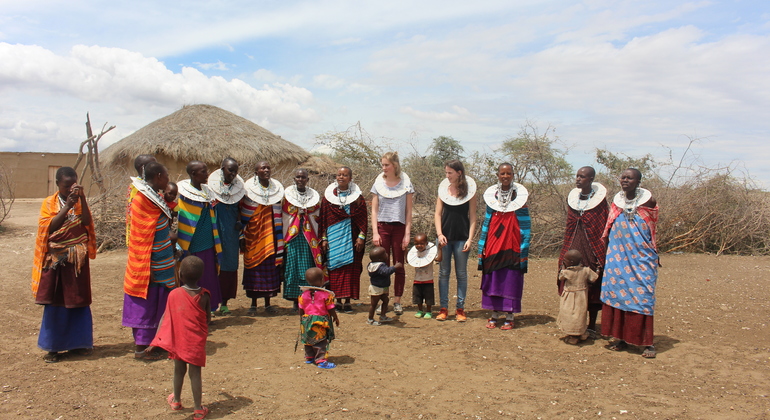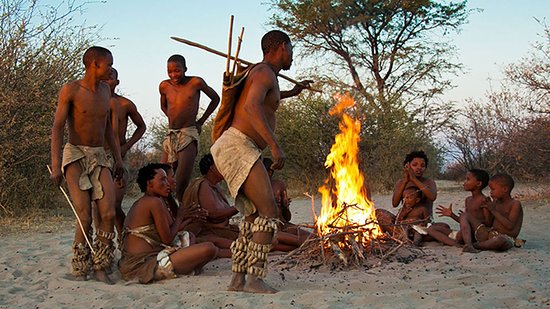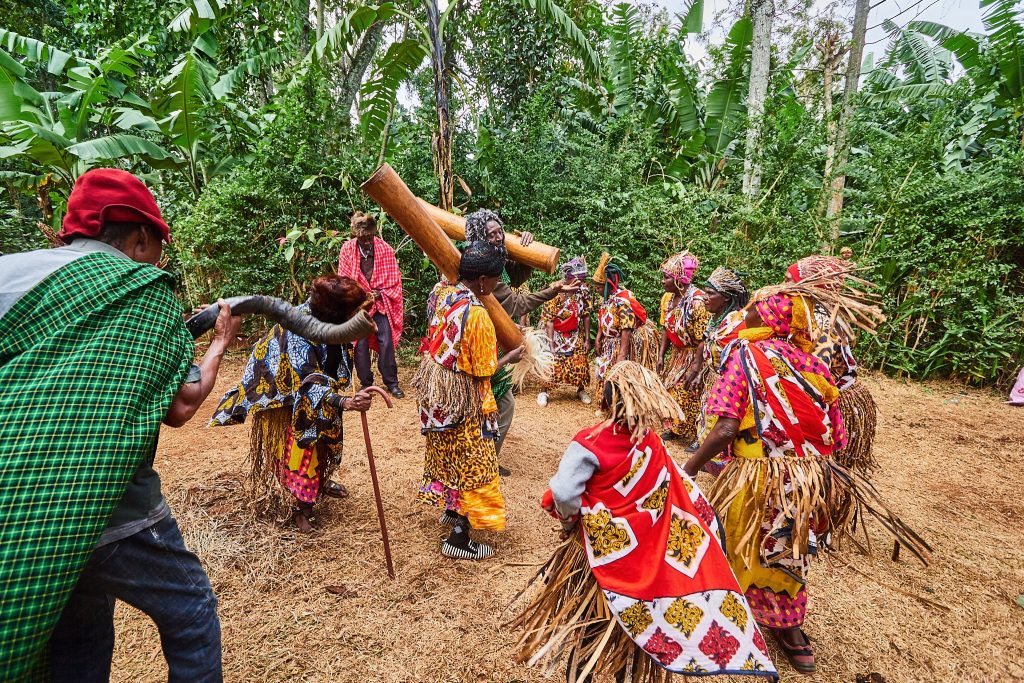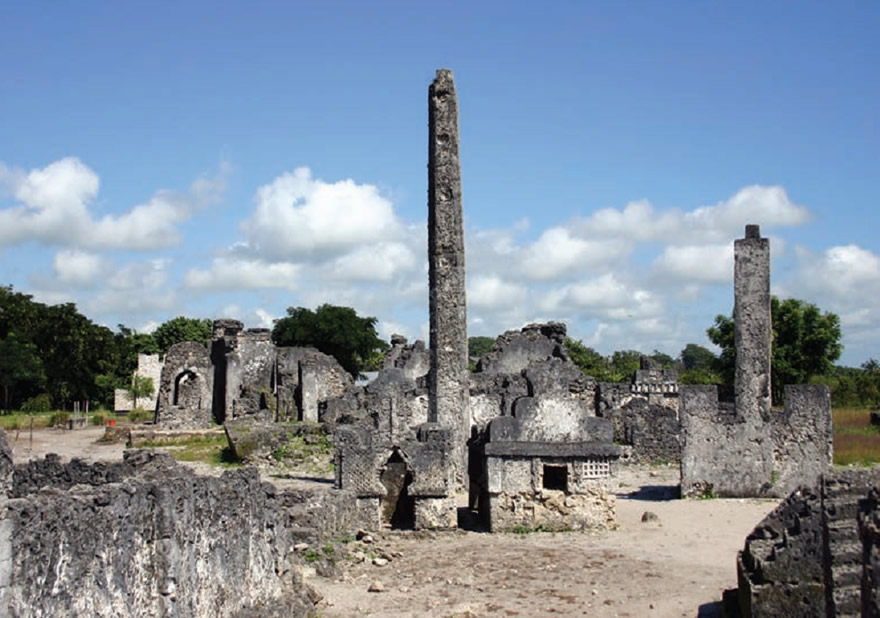
Neebar African Safari
Cultural Tours in Tanzania
Immerse yourself in the heart of Tanzania’s diverse cultural heritage. Our cultural tours offer authentic encounters with local communities, traditions, and ways of life that date back centuries.
Experience the daily lives of the Maasai, Chagga, and Hadzabe people through guided village visits, traditional dances, cooking lessons, and storytelling sessions. Walk through banana plantations, visit local schools and markets, and learn about tribal customs from elders who welcome you with open arms.
These tours not only enrich your understanding of Tanzania’s vibrant social fabric but also support local communities directly. Whether you're a history buff, cultural enthusiast, or first-time traveler to Africa, a cultural tour will leave you with lasting memories and a deeper appreciation of Tanzanian identity.
Maasai Village Visit
Step into the vibrant world of the Maasai people. Learn about their customs, admire their iconic attire, and gain insight into one of East Africa's most famous tribes through song, dance, and traditional rituals.

Hadzabe Bushmen Experience
Join the Hadzabe tribe, one of the last hunter-gatherer communities in Africa. Participate in their daily activities, including archery, foraging, and storytelling passed down through generations.

Chagga Cultural Tour
Discover the traditions of the Chagga people living on the slopes of Mount Kilimanjaro. Explore ancient caves, banana plantations, and taste local coffee brewed with traditional techniques.

Swahili Coast Heritage Tour
Journey through the coastal towns of Bagamoyo or Zanzibar and learn about Tanzania’s historical Swahili culture. Visit old forts, bustling markets, and ancient mosques along the Indian Ocean.

What Our Customers Say
Real stories from real people — your satisfaction is our priority.
"Our guide from Neebar Safari was phenomenal! His knowledge of the Serengeti was incredible, and he made sure we saw everything we hoped for, including a leopard! The entire trip was seamless from start to finish. Highly recommended!"
"The most romantic honeymoon we could have ever imagined. The team at Neebar took care of every detail, from the beautiful lodge in Ngorongoro to the stunning beach villa in Zanzibar. It was pure magic. Thank you!"
"As a solo traveler, safety and good company were important to me. Neebar Safari delivered on both. I joined a group tour to Kilimanjaro, and the guides and porters were professional, encouraging, and made the tough climb an unforgettable success!"
"From the first email to the final drop-off at the airport, the communication and organization were flawless. Neebar African Safari truly cares about their clients. I will be booking with them again for my next African adventure."
"We booked a family safari and it exceeded all our expectations. The kids are still talking about the elephants in Tarangire. The vehicle was comfortable, and our guide was fantastic with the children. A 5-star experience!"
Tanzanian Culture: Language, Religion, and Dress
Tanzanian culture is a rich blend of languages, beliefs, and traditions that reflect its diverse ethnic heritage.
Languages of Tanzania
Tanzania is a multilingual nation with over 120 ethnic languages. However, the two official languages are Swahili (Kiswahili) and English. Swahili is widely spoken across the country and is used in daily communication, education, and government. English is commonly used in business and higher education.
Language Use in Daily Life
Swahili serves as a unifying language among Tanzania’s many ethnic groups. In urban areas, you’ll often hear a mix of Swahili and English, especially in schools, markets, and businesses. In rural areas, local tribal languages may be used in homes and villages, while Swahili connects people across different communities.
Religions in Tanzania
Tanzania is religiously diverse and known for its peaceful coexistence. The population is nearly evenly split between Christianity and Islam, with a smaller percentage practicing traditional African religions. On the mainland, Christianity is more widespread, while Islam is predominant in coastal areas and Zanzibar.
Traditional Dress in Tanzania
Traditional clothing varies by tribe and region. The most iconic attire includes the kanga and kitenge, colorful fabrics worn by women in elaborate wraps and dresses. Maasai men and women are known for their bright red and blue shúkàs and beaded accessories. While modern clothing is common in cities, traditional attire is often worn during ceremonies, festivals, and cultural events.
🗺️ Interactive Map of Cultural Destinations
Explore Tanzania’s rich cultural heritage by discovering where each unique tribe and cultural experience is rooted. From the iconic Maasai of Arusha to the Hadzabe near Lake Eyasi, this map helps you visualize and plan immersive visits.